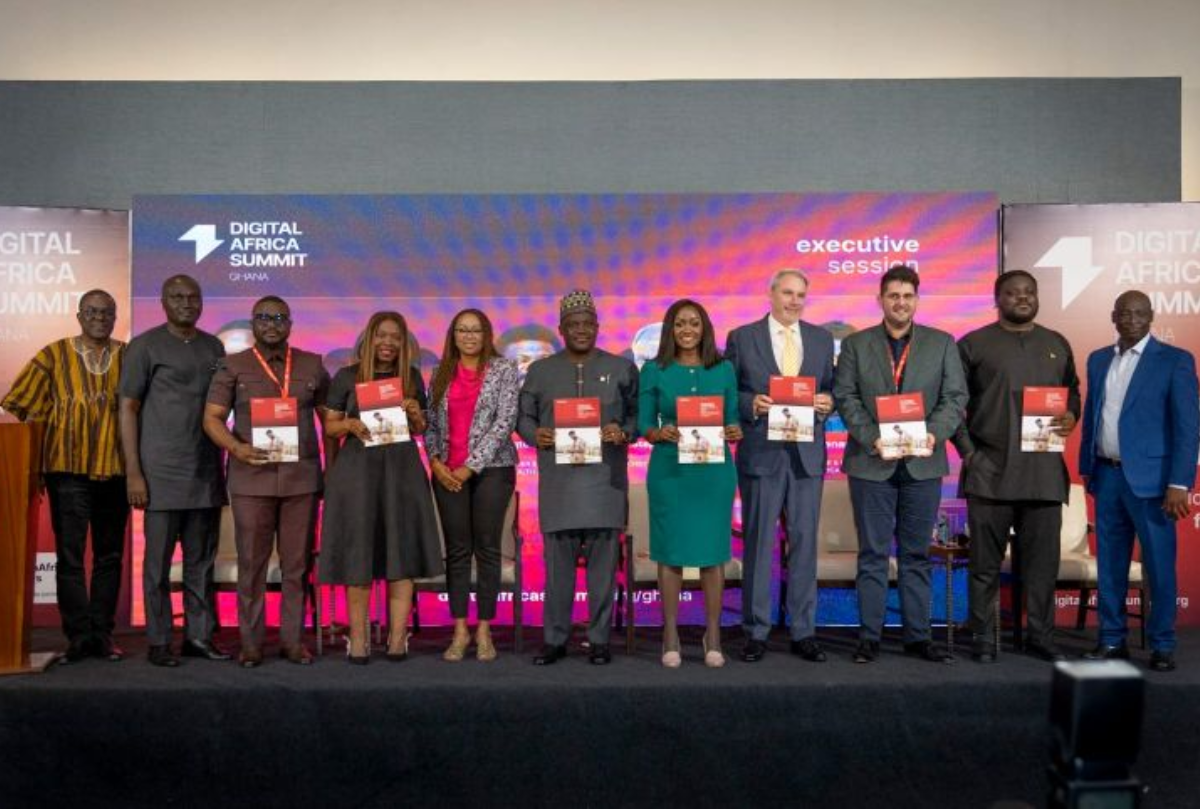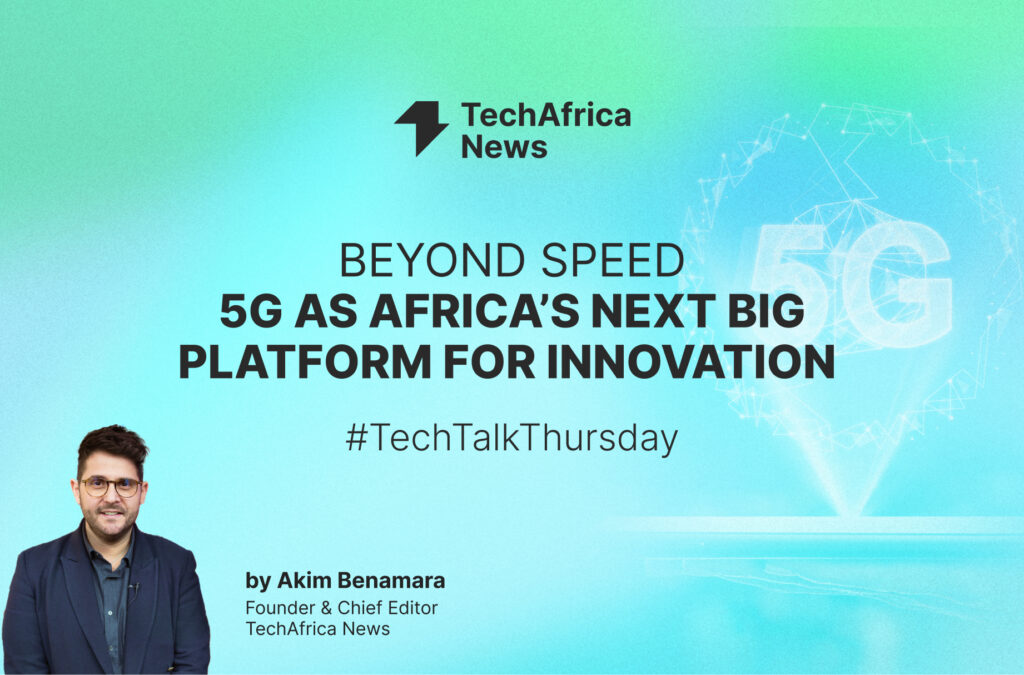GSMA Report Reveals Digital Reforms Could Unlock Billions for Ghana’s Economy
The report estimates that improvement of e-government in Ghana could raise GHS 5.8 billion in tax revenues by reducing leakage and improving collection efficiency – building on the success of mobile money-enabled systems such as the LEAP social welfare programme.

At the GSMA’s Digital Africa Summit in Ghana 2025, the GSMA unveiled a new report showing how strategic digital reforms could transform Ghana’s economy.
The report, Driving Digital Transformation of the Economy in Ghana , offers an in-depth analysis of how mobile connectivity underpins progress across key sectors. While Ghana’s mobile industry already contributes 8% of GDP (GHS 94 billion), the findings highlight significant untapped potential: despite 99% 4G network coverage, a 62% usage gap persists – referring to people who could access mobile internet but are not yet using it – leaving millions still unconnected.
Sector-by-sector transformation
The study outlines how digital adoption could reshape Ghana’s economy across key sectors. In agriculture, digital tools such as precision farming and market access platforms could add GHS 10.5 billion in value, creating 190,000 new jobs, and boost smallholder crop yields by 10-20%. In manufacturing, the adoption of technologies like IoT and AI could generate an additional GHS 15 billion, particularly in gold and cocoa processing where Ghana has strong competitive advantages.
Government services also stand to benefit significantly. The report estimates that improvement of e-government in Ghana could raise GHS 5.8 billion in tax revenues by reducing leakage and improving collection efficiency – building on the success of mobile money-enabled systems such as the LEAP social welfare programme.
Barriers and solutions
GSMA’s research highlights several critical challenges holding back Ghana’s digital progress. Device affordability remains a major obstacle, with smartphones equating to 27% of monthly GDP per capita and 76% of monthly GDP per capita for the poorest 40% of the population. The report praises recent reforms, such as the removal of the e-levy, as important steps forward, while calling for expanded public-private partnerships to scale device financing initiatives like MTN’s Design-to-Cost programme and Telecel’s microfinance schemes.
The analysis also stresses the importance of infrastructure investment, recommending a clear 5G spectrum roadmap and streamlined rights-of-way processes to cut deployment costs. Such measures would be particularly valuable in rural areas, where connectivity gaps persist despite Ghana’s strong national coverage metrics.
“Ghana’s RESET agenda provides the perfect framework for digital-led growth. Our report shows that by addressing specific policy barriers – from spectrum allocation to device affordability – we can connect millions more Ghanaians while positioning the country as West Africa’s premier digital hub. The mobile industry stands ready to partner with government in making this transformation a reality.”
–Angela Wamola, Head of Africa, GSMA
The full report was launched during GSMA’s Digital Africa Summit in Ghana – a high-level event held at the Kempinski Hotel in Accra. The report provides detailed policy recommendations and economic modelling, showing how strategic reforms could expand mobile internet adoption to 20.6 million unique users by 2029, up from 13.1 million today.
The complete Digital Transformation as a Catalyst for Ghana’s Economic Growth report is available for download here .






